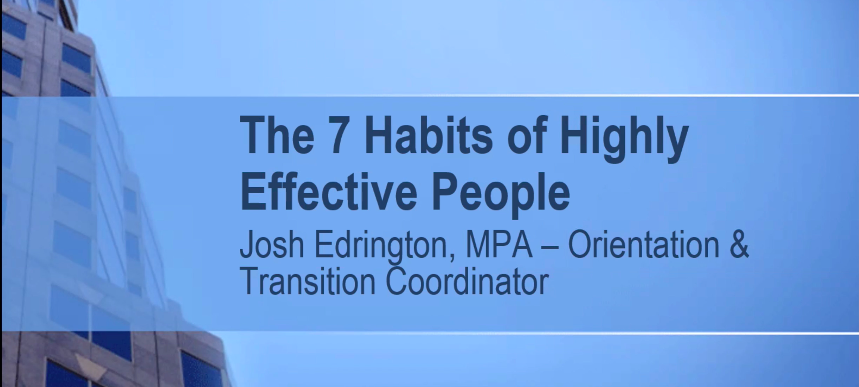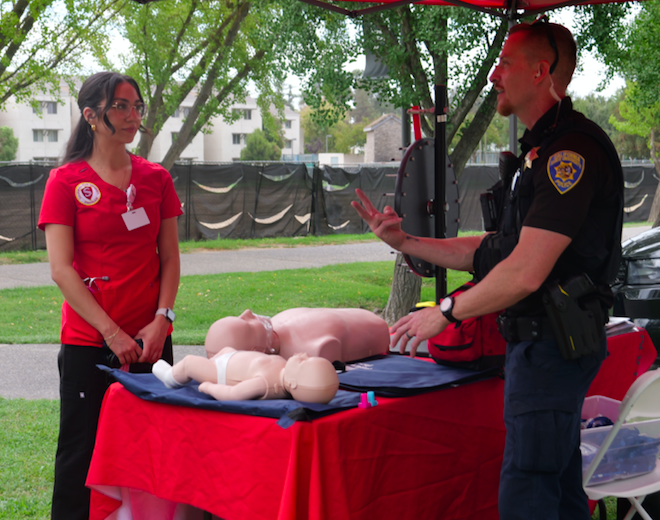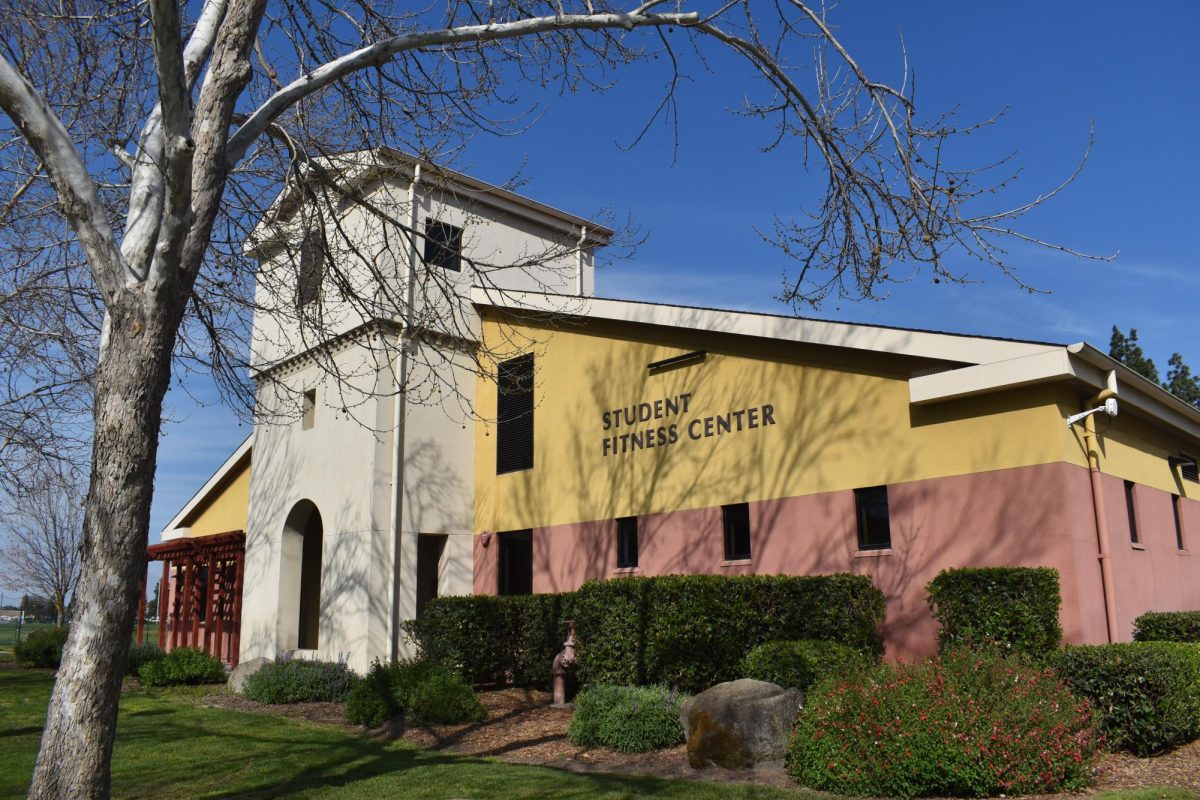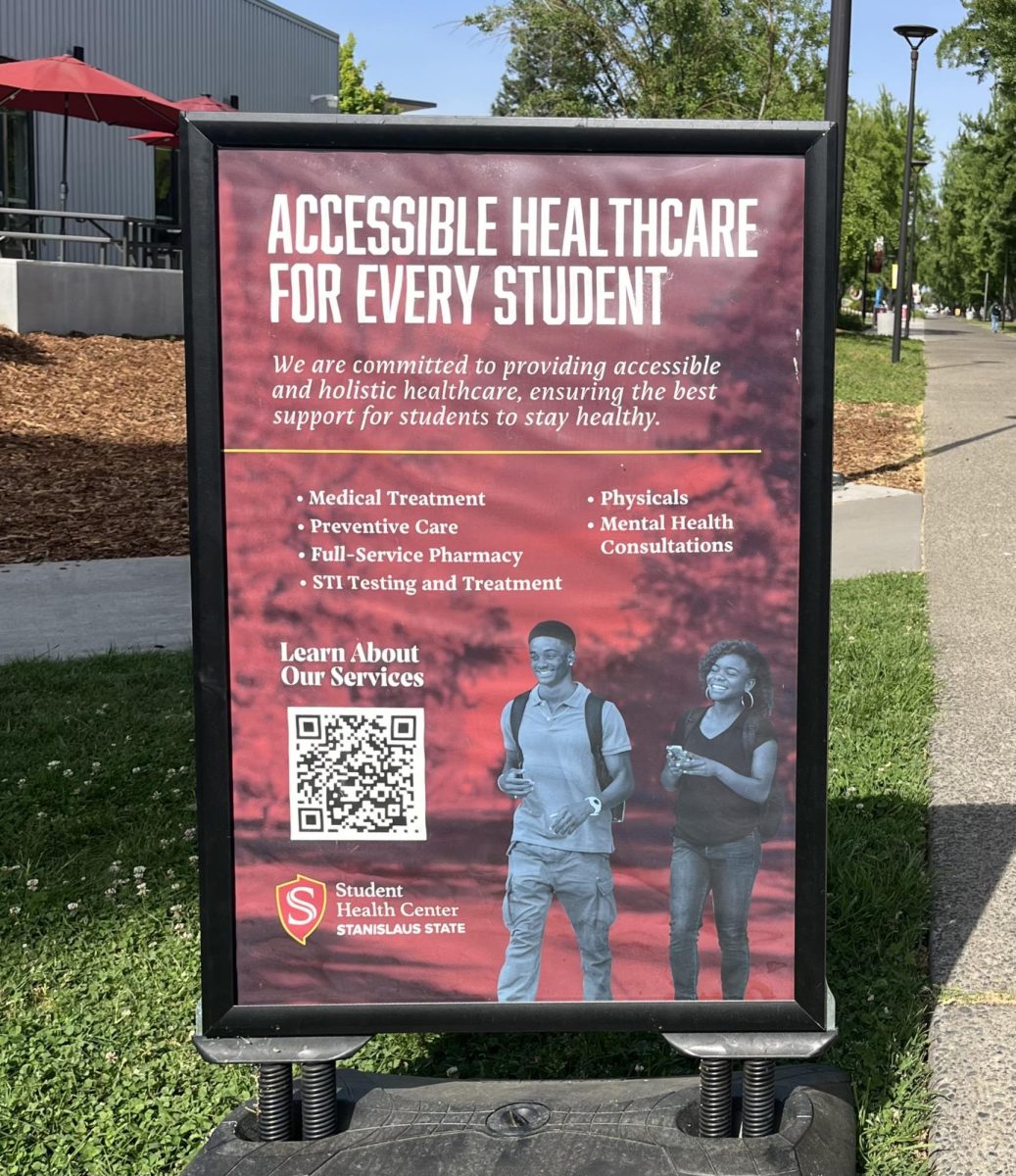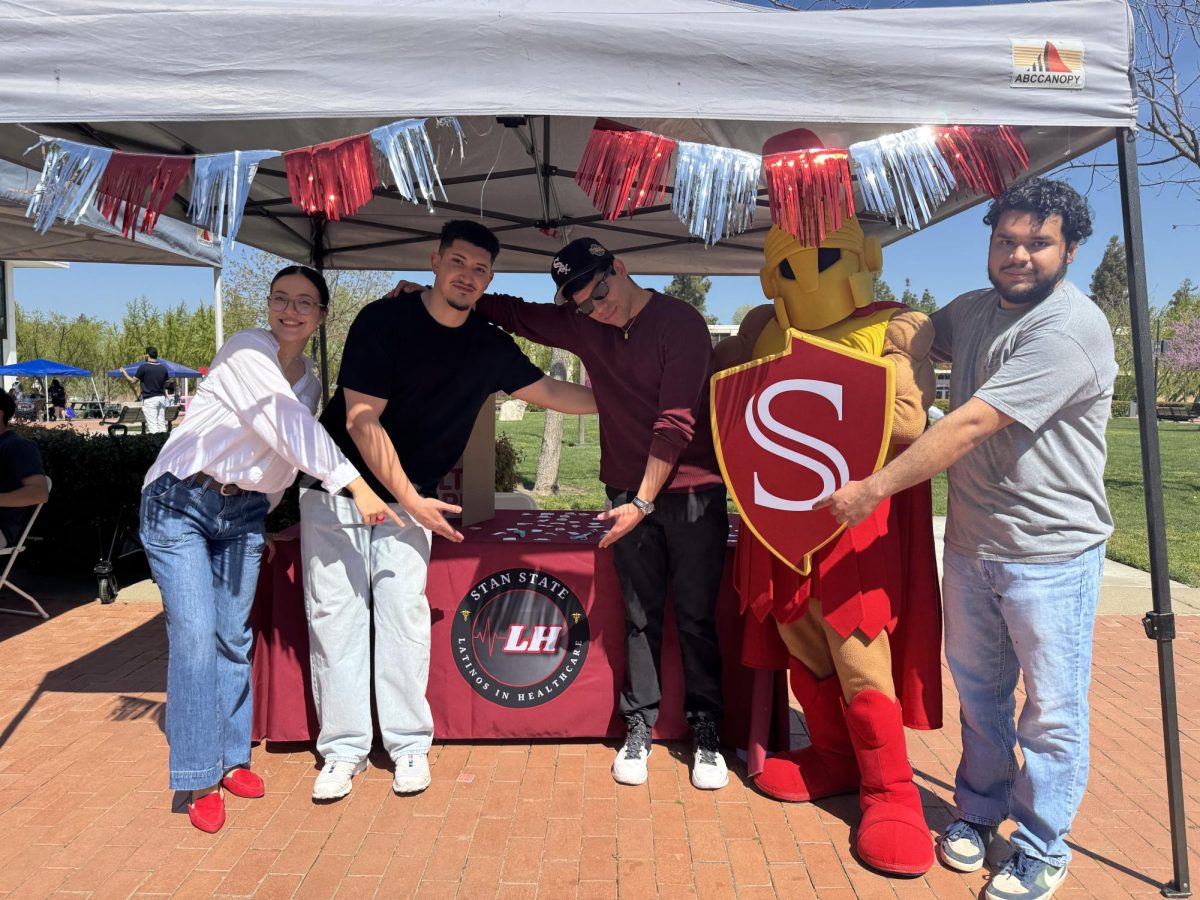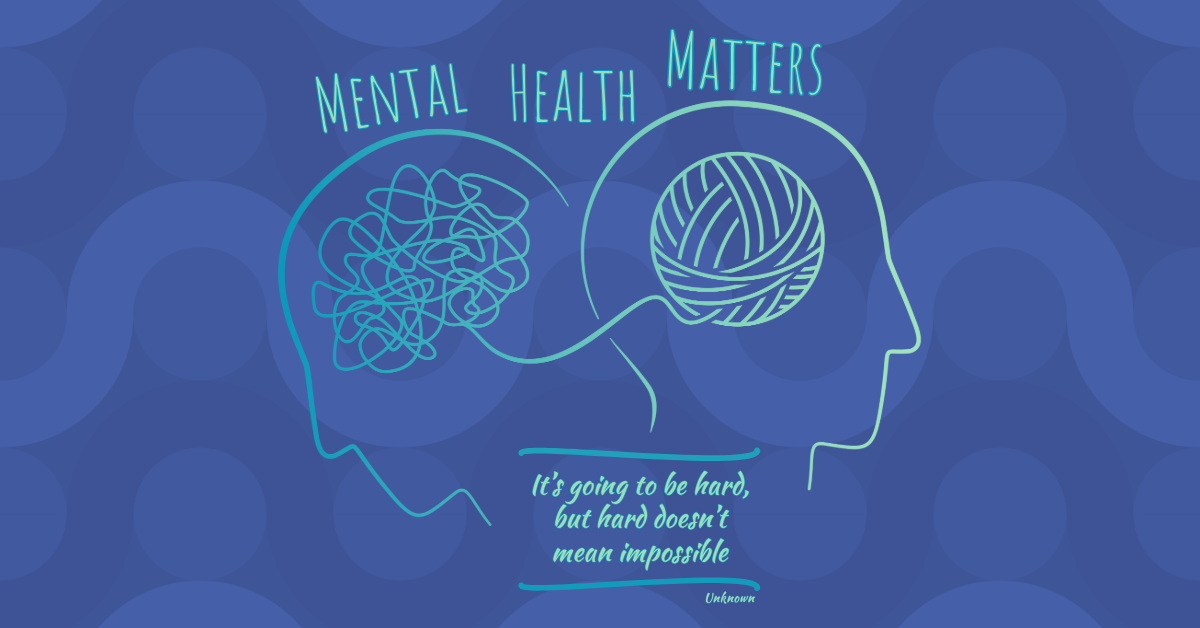Stanislaus State held an event called ‘7 Habits of Highly Effective People’ on April 14, 2021. It was hosted by Josh Edrington (MPA, Orientation and Transition coordinator).
The event details read as the following, “Habits are powerful forces in our lives. They determine effectiveness or ineffectiveness. The purpose of 7 Habits of Highly Effective People is to help you lead your life in a truly effective way. They represent a proven process of personal and interpersonal growth that can have an immediate and lasting impact.”
The 7 Habits that were discussed in this hour event were,
1. Be Proactive
2. Begin with the end in mind
3. Put things first
4. Think Win-Win
5. Seek first to understand, then to be understood
6. Synergize-synergy means “two heads are better than one”
7. Sharpen the saw
HABIT 1: Be proactive
Edrington starts out the explanation of this habit by saying, “Proactive people recognize that they are ‘Response-able’. They don’t blame genetics, circumstances, conditions, or conditioning for their behavior. They know they chose their behavior.”
He continues to explain that reactive people are often affected by their physical environment. They find external sources to blame for their behavior. He finishes off this habit by saying that your language is a good indicator of how you see yourself. A proactive person uses proactive language like I can, I will, I prefer. On the other hand, a reactive person will use reactive language like I can’t, I have to, if only.
Aly Gonzalez (freshman, Art) when asked about her thoughts on this first habit, said that, “ Proactive has honestly not been the strongest point in my life. I tended to blame bad grades on my surroundings such as my phone distracting me or my friends wanting to Zoom call because COVID put us apart. But in reality, I was using those things as excuses to not get my work done, which obviously wasn’t very proactive.”
HABIT 2: Begin with the end in mind
This habit is based on imagination, the ability to envision in your mind what you cannot see at present with your eyes. Edrington explains that by saying, “Where do you want to go? What do you want to want to accomplish with what you are currently working on? What is the end goal you are trying to get to? Look at the big picture. It may not be right in front of you. It may be work to make that happen to get to where you want to get to.”
He ends the explanation of Habit Two by explaining that it also means that if you don’t make a conscious effort to visualize who you are and what you want in life, then you empower other people and circumstances to shape you and your life by default.
HABIT 3: Put first things first
In Habit Three, we are talking about physical creation which is basically the combination of Habits One and Two. Edrington explains that this habit is all about life management as well, your purpose, values, roles, priorities. He then explains exactly what ‘First Things’ are. “First Things are those things you, personally, find the most worth. If you do things first, you are organizing and managing time and events according to personal priorities you established in habit two.”
HABIT 4: Think win-win
Edrington explains Habit Four in simple terms, “Think Win-Win isn’t about being nice. Nor is it a quick-fix technique. It’s a character-based code for human interaction and collaboration.” According to Edrington, Win-Win sees life as a cooperative arena, not a competitive one. Win-Win is a frame of mind and heart that constantly seeks mutual benefit in all human interactions.
“When I think of a win-win situation, I personally think of the saying ‘hitting two birds with one stone,’ and the only situation I’ve heard this in is when you are trying to come to a solution with someone by proposing an outcome that would satisfy both parties,” said Gonzalez.
HABIT 5: Seek first to understand, then to be understood
“Communication is the most important skill in life. You spend years learning how to read and write, and years learning how to speak. But what about listening?” Edrington asks. “You listen to yourself as you prepare in your mind what you are going to say, the questions you are going to ask, etc. You filter everything you hear through your life experiences, your frame of reference,” Edrington stated.
HABIT 6: Synergize-synergy means “two heads are better than one”
The second to last habit is about synergy. Synergy is the habit of creative cooperation, stated Edrington. “It is teamwork, open-mindedness, and the adventure of finding new solutions to old problems. It’s a process, and through that process, people bring all their personal experience and expertise to the table. When people begin to interact genuinely, and they are open to each other’s influence, they begin to gain new insight. Valuing differences is what really drives synergy,” Edrington concluded.
HABIT 7: Sharpen the saw
When it comes to the last habit, “sharpen the saw” basically means preserving and enhancing the greatest asset you have, which is yourself. Edrington stated, “This means having a balanced program for self-renewal in the four areas of your life.” These four areas are:
-
Physical- beneficial eating, exercising, and resting.
-
Social/Emotional- making social and meaningful connections with others.
-
Mental- learning, reading, writing, and teaching.
-
Spiritual- spending time in nature, expanding spiritual self through meditation, music, art, prayer, or service.
“The things I took from the workshop was seek first to understand then to be understood. It’s good to listen. Being proactive, taking responsibility and doing what you want because you can,” said Andrea Lopez (junior, Psychology). Edrington ended the event by saying to just remember that everyday provides a new opportunity for renewal, a new opportunity to recharge yourself instead of hitting a wall. All it takes is the desire, knowledge, and skill.

